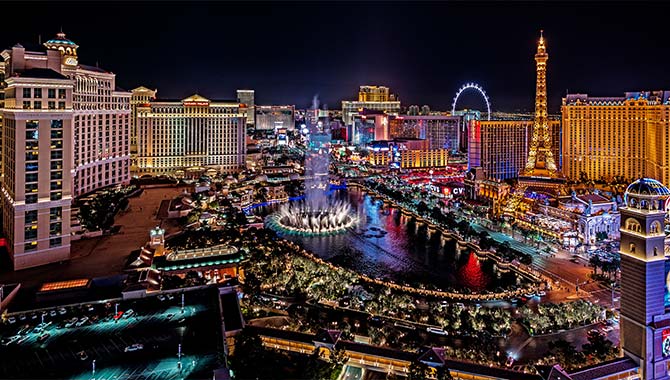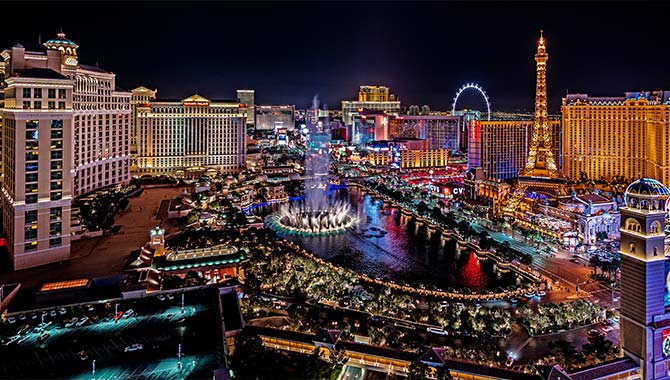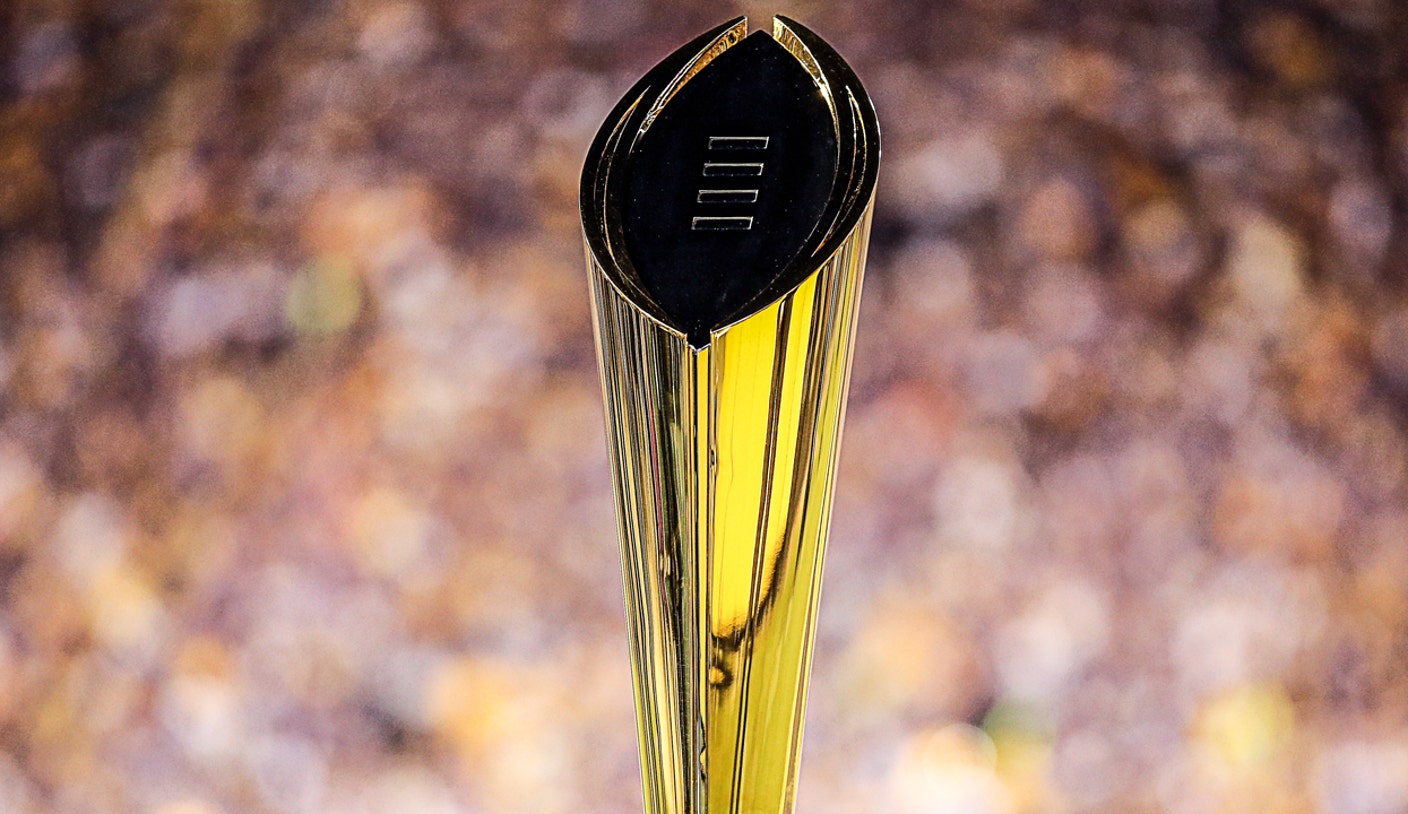
North America is one of the fastest-growing betting regions in the world right now, bringing a wealth of opportunities for consumers and operators alike, including our world-leading UK operators. This unique investment from experienced British regulated betting and gaming is guaranteed to deliver jobs and growth across the US, just as it is doing in the UK, as well as crucially keep gambling crime free.
These are exciting times but to futureproof long-term success, safer gambling must be hardwiredinto the expansion of regulated betting and gaming in the States. We know this from our ownexperience in the UK, where our industry has been in the eye of a political storm and where we are facing an uncertain regulatory horizon. Rapid technological developments, especially online, mean the industry has to have a laser-like focus on safer gambling to build and sustain public, and indeed political, confidence.
We are confident in our arguments, which have been tested by experience. Sometimes we haven’t always got it right in the UK; but British companies, operating in the most regulated and competitive of markets, are now genuinely at the cutting edge of safer gambling best practice and technology.
This week I spoke at G2E, in Las Vegas, hoping to share some of those experiences and insight. As conference venues go, especially after spending more than 25 years attending party political conferences in the UK, I’ve been to worse places!
I’m proud to say our members are already leading the way, with Entain, Flutter (FanDuel) and Bally’s (Gamesys) last month joining other large online operators in the US to agree the first industry-led responsible gaming standards. The 12- point pledge is a commitment to principles of responsible online gaming, setting an impressive industry benchmark.
This is a significant move. It is not enough to pay lip service to safer gambling. It has to be thefoundation of everything we do. And it is on this firm footing that we can extoll the economicbenefits of regulated betting and gaming, warn of the ever-present threat posed by criminal blackmarket gambling, and discuss future regulatory reforms with regulators and governments withconfidence.
When the Betting and Gaming Council was established towards the end of 2019, we were clear that as well as representing around 90% of the UK’s regulated industry – from licensed bettingshops and bingo, internationally renowned land-based casinos, plus world-leading online offering the best in sports betting and gaming – we were also a standards body with a defined mission to champion safer gambling.
The latest statistics from the Gambling Commission showed the rate of problem gambling in UK in the year to June 2022 was 0.2% of the adult population – down from 0.4% the yearprevious. This is low by international standards and recent reductions are encouraging. But there is no room for complacency in the UK – and there shouldn’t be across the Atlantic.
To keep that work going, we have introduced a range of safer gambling measures and codesincluding a Gambling Industry Code for Socially Responsible Advertising (IGRG Code), a GamCare Industry Code for the Display of Safer Gambling Information, funded a Young People’s Gambling Harm Prevention Programme, and dedicated a percentage of TV and radio advertising to promote safer gambling.
Central to this work is the way our operators have developed tools which empower consumers tomake choices around their play, from time-outs to deposit limits. This puts them in control of theirplay. This, combined with a carefully targeted approach that uses the best technology to identifyand help problem gamblers and those who may be vulnerable, is far more effective than anydraconian, arbitrary and blanket rules, set by a regulator or a government, that risk driving perfectly safe and responsible players to the unsafe, unregulated black market.
A great example of how important this is to us is coming up shortly. Safer Gambling Week, in mid-October, is an annual campaign run by industry, with the support of both the UK Government and the regulator the Gambling Commission, to promote the tools and help available to customers. This concept and effort has now spread throughout Europe. For example, last year’s campaign saw an increase in the use of deposit limits by 17% versus the previous four-week average, while the number of Safer Gambling Week social media impressions hit 24.5 million, an increase of 16% on the previous year.
This is one of the best ways industry can work with Government to achieve a shared goal, bydeveloping products and practices that have safer gambling at their core.
There will always be people who don’t like gambling. I understand that and respect their point ofview. But I have no time for anti-gambling prohibitionists who would impose their personalprejudices on the 22.5 million people in the UK who do enjoy a regular flutter, from sports to casino, to bingo and the National Lottery.
Gambling regulation remains a thorny issue politically in the UK. The sector has its supporters,especially in working-class communities and those strongly associated with sports like horseracing; but it also has its critics. Yet the industry supports 119,000 jobs, generates £7.7bn ($8.52bn) for the economy and £4.5bn in taxes in the UK alone, while keeping problem gambling extremely low and using technology to make gambling even safer.
Our drive to raise standards and promote safer gambling has already produced tangible results, and our members know that they have to hardwire it into everything they do. When they have fallen short or made mistakes, the reputational hit is swift and brutal, and it feeds the anti-gambling beast – a beast that never gets full. There are lessons from Britain as America expands its regulated betting industry and chief amongst them is that you have to make safer gambling at the core of everything you do.



